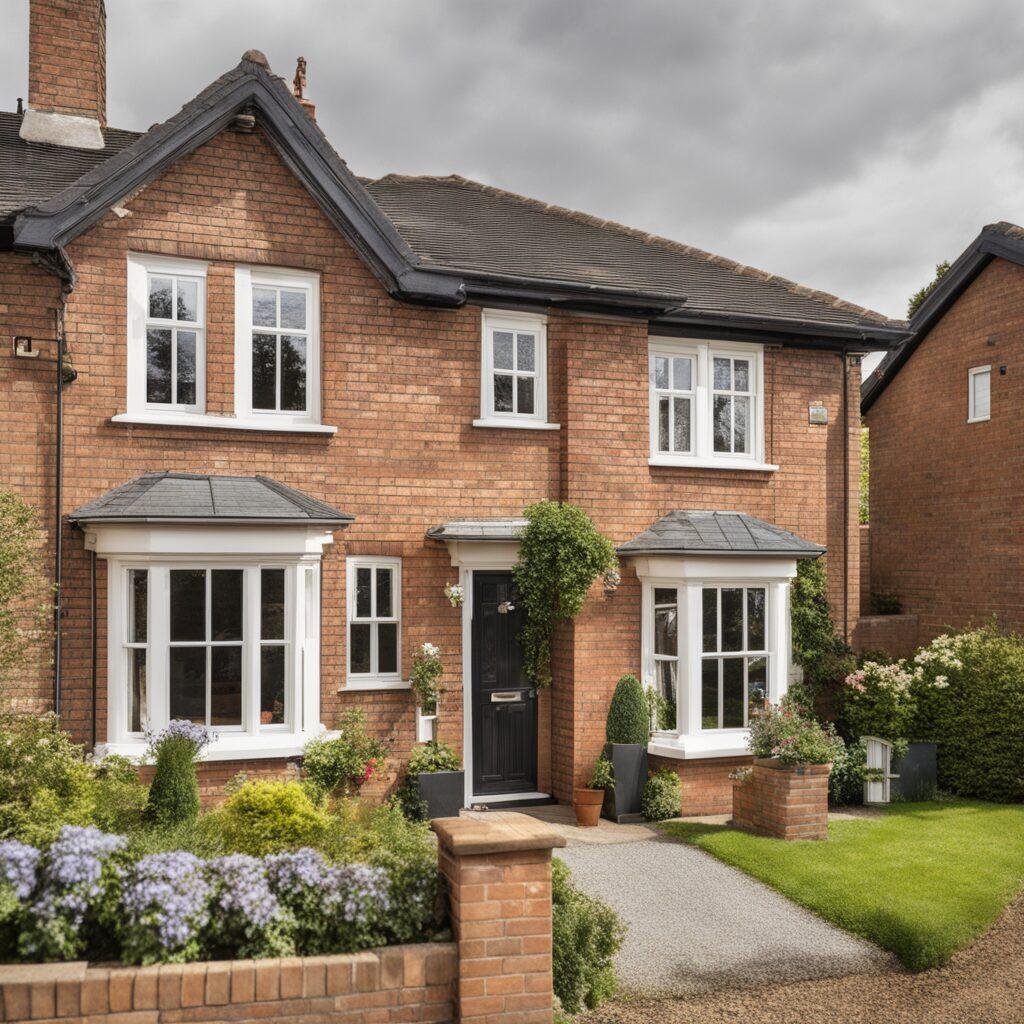
Cost of Structural Survey: Simple UK Price Guide for Homeowners
The cost of structural survey varies depending on the type of issue and how detailed the inspection needs to be. Homeowners usually ask for a structural survey when cracks appear, floors sag, roofs bow or a surveyor raises concerns. This guide explains the prices, the process and what a structural engineer checks during a survey.
What Is a Structural Survey?
A structural survey is a detailed inspection carried out by a qualified structural engineer. It focuses on the structural parts of your home such as beams, floors, walls and foundations. It identifies the cause of a fault and confirms whether the building is safe.
You may need a structural survey when:
- cracks appear in walls
- floors dip or bounce
- roofs sag or spread
- structural movement is suspected
- a mortgage survey flags concerns
- you suspect issues after a previous load bearing wall removal
How Much Does a Structural Survey Cost?
Quick UK price table
| Type of Survey | Typical Cost |
|---|---|
| Crack survey | £200–£350 |
| Structural movement survey | £450–£900 |
| Roof structural survey | £300–£600 |
| Full structural survey | £500–£1,200 |
| Structural engineer house survey | £450–£1,000 |
What affects the cost of a structural survey?
- The severity of the issue
- Whether steel beam calculation or other checks are needed
- Size of the property
- Ease of access (loft/roof)
- Whether the problem is local or widespread
- Location in the UK (London costs more)
Types of Structural Surveys and Their Costs
Crack Survey Cost (£200–£350)
Used for diagonal cracks, stepped cracks or gaps larger than 3–5 mm.
Structural Movement / Subsidence Survey (£450–£900)
For movement, sinking foundations or bulging walls.
Roof Structural Survey (£300–£600)
Checks rafters, purlins, joists and ridge beams. This is crucial if you need loft conversion structural help.
Full Structural Survey (£500–£1,200)
Covers multiple faults or entire-property assessment.
Structural Engineer House Survey (£450–£1,000)
Often requested when buying or selling the property.
What Happens During a Structural Survey
What the engineer checks
- floors
- roof structure
- beams and joists
- walls and foundations
- cracks and distortion
Tools used
- laser level
- camera
- moisture meter
- spirit levels
- load-path analysis
Signs You Need a Structural Survey
- cracks widening over time
- sagging roof
- uneven floors
- gaps between walls and ceilings
- bowing brickwork
- doors no longer closing properly
How Long a Structural Survey Takes
Most structural surveys take:
- 30–60 minutes on site
- 24–48 hours for the written report
Urgent surveys may be available on the same day.
FAQs
Is a structural survey the same as a homebuyer survey?
No. A structural survey is more detailed and is done by an engineer, not a surveyor.
Do I always need calculations?
Only if beam design or structural altering is needed.
Will a structural survey affect my home insurance?
It can help support claims but will not harm your policy.
Conclusion
A structural survey gives you clarity, confirms safety and helps you avoid costly repairs. With a quick inspection and a clear report, you know exactly what needs attention.
Get Your Structural Survey
If you need a fast structural survey, SECalcs can help. Contact us today.

